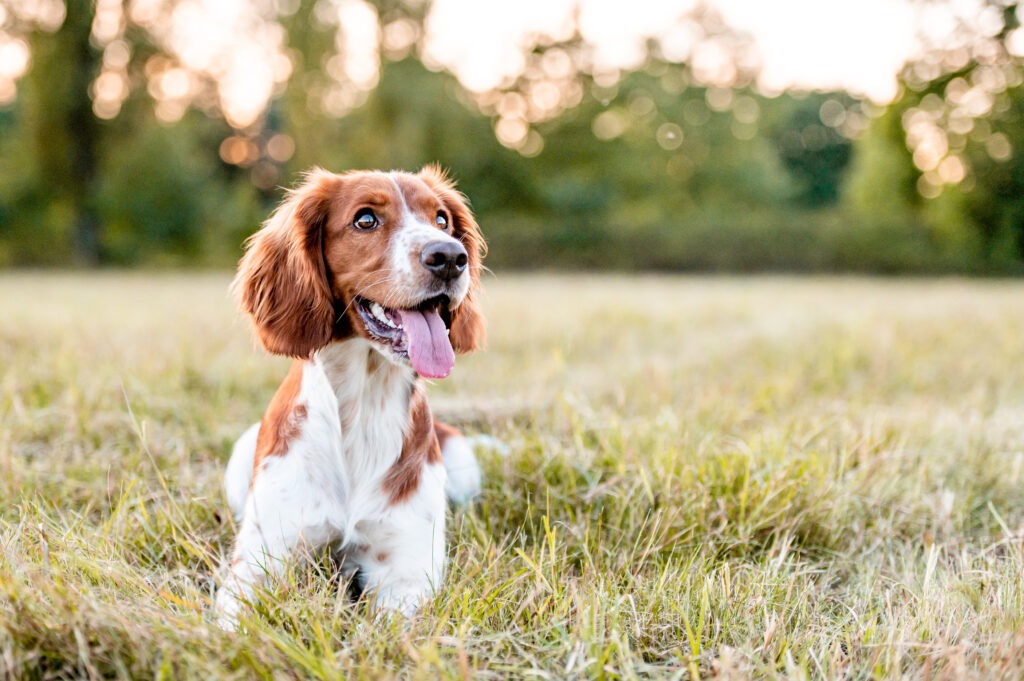Safeguarding Your Furry Friends: A Guide to Preventing Pet Emergencies

While eliminating every risk for a potential pet emergency is not possible, there are things you can do to safeguard your pet’s safety and well-being. Our Rainier West Veterinary Hospital team has put together a guide to preventing the most common pet emergencies to keep your furry family member safe and out of harm’s way. We are always here to answer your questions, address your concerns, and provide your loyal companion with the best possible care.
Schedule Regular Wellness Exams
Regular pet wellness exams are the cornerstone of preventive pet care. They allow Dr. Doyle and our dedicated team to identify potential health problems early on, preventing them from progressing into emergencies. During your furry friend’s exams, we will ensure the vaccinations are up-to-date, discuss parasite prevention strategies, and address any current concerns.
If your pet seems unwell or you notice a change in appearance, attitude, or behavior between regular wellness visits, don’t wait. Contact us to schedule an appointment to ensure any concerns are addressed.
Watch Out for Pet Toxins
Your home can harbor hidden dangers for your curious pet, including toxins. Many indoor and outdoor plants, such as lilies, azaleas, and daffodils, can be toxic for your pet if ingested. It’s also important to keep medications, household cleaners, paint, insecticides, fertilizers, and other household items out of reach. If you suspect your pet has ingested something toxic, seek immediate veterinary care!
Avoid Human Food and Quick Diet Changes
Fatty food scraps and quick diet changes can result in inflammation of the stomach, intestines, or pancreas, leading to vomiting and diarrhea that can be severe. Keep your pet’s diet as consistent as possible, secure trash bins, and offer only pet-specific treats to lower the risk of illness or an emergency.
Keep Small Objects Out of Reach
Pets are notorious for ingesting toys or household items, resulting in blockages that may require surgical intervention. While it is almost impossible to anticipate what your curious critter will be up to next, there are things you can do to limit the risk. Prevent your pets from scavenging through garbage and debris, and watch your furry companion when chewing rawhide or bones. If you think your pet has swallowed a foreign body like a wine cork or your favorite sock, contact Rainier West Veterinary Hospital for immediate care.
Protect Your Pet Against Overheating
Overheating can cause severe illness or even death in animals. Avoid exercising your pet during the midday heat and limit time outdoors on sweltering days. Most importantly, never leave your pet in a parked car. Temperatures can soar to dangerous levels in a matter of minutes, even if your vehicle is parked in the shade or the windows are cracked. Signs of heatstroke include excessive panting, drooling, difficulty breathing, weakness, diarrhea, vomiting, or sudden collapse. Offer cool, not cold, water and seek immediate veterinary care!
Avoid High-Risk Situations
Avoid situations that increase the risk of trauma. For example, introducing your pet to a new pet or neighborhood animal too quickly can lead to fights with potentially devastating consequences. We recommend socializing your furry companion from a young age to ensure new pet encounters are pleasant and free of stress.
Keep Identification Current
If your furry companion ever wanders off, collars with ID tags increase the chances of a happy reunion. Microchipping also provides an extra layer of protection. Your pet’s microchip is implanted under the skin and contains your contact information, allowing veterinary practices and animal shelters to reunite you with your precious pet.
Quality Preventive Care Near Me in Lacey, WA
Dr. Doyle and her team at Rainier West Veterinary Hospital believe in prevention as the best medicine. We are here to offer tips, tailored guidance, and preventive care to lower the risk of pet emergencies. If, however, your furry companion requires urgent treatment, you can count on us for state-of-the-art, compassionate care. We invite you to contact our office at (360) 339-8262 to schedule your pet’s appointment or request one online today!
